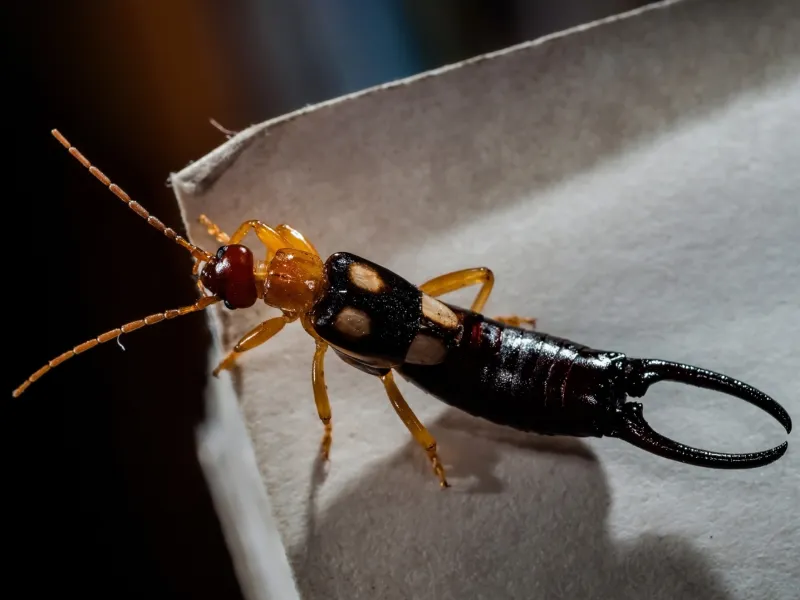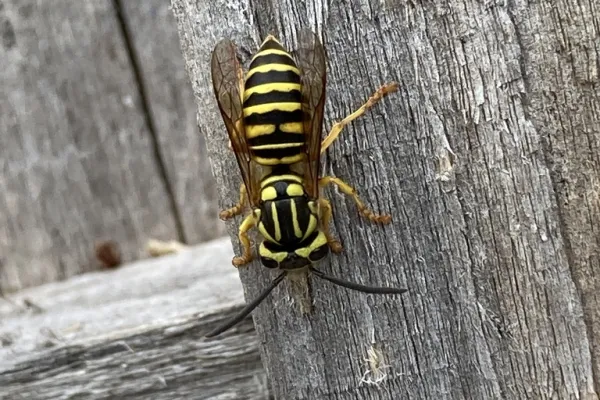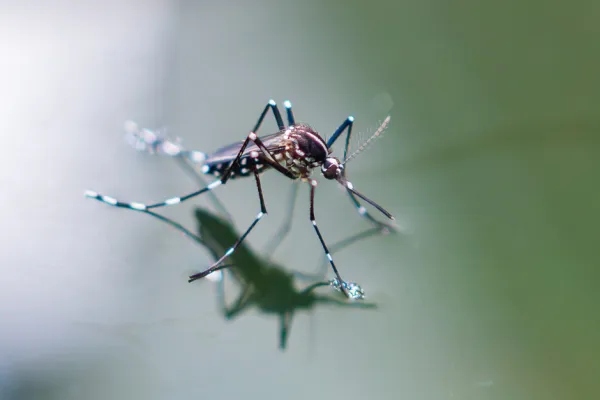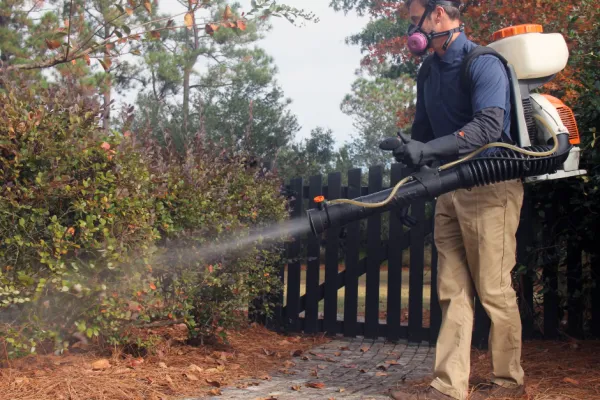Winter Pests in New Jersey: What to Expect and How to Prepare

Understanding Winter Pests
Many New Jersey homeowners mistakenly assume that pest problems vanish with the arrival of colder weather. However, winter pests can be equally, if not more, troublesome as they seek warmth and shelter inside our homes. From rodents to insects, these unwelcome intruders can cause significant property damage and pose health risks. Knowing what to expect and how to prepare for these seasonal invaders is essential for safeguarding your home and loved ones throughout the winter months.
What Are Winter Pests?
Winter pests are animals and insects that invade homes and structures during colder months to escape harsh outdoor conditions. Unlike summer pests, which thrive in warm and humid environments, winter pests often seek warmth, food, and shelter. These invaders can include rodents, insects, and even occasional wildlife that find their way into attics, basements, and wall voids.
Why Are They Active in Colder Months?
Contrary to popular belief, pests don't simply disappear when temperatures drop—they adapt. Cold weather limits their ability to find food and comfortable habitats outdoors. As a result, they gravitate toward heated spaces like homes and offices.
Rodents such as mice and rats are notorious for invading homes during the winter. They can fit through small openings.
Many insects, like cockroaches and stink bugs, go into a survival mode called diapause but can become active if they find warmth inside.
Most spiders prefer dark, secluded indoor spaces in winter, making basements and garages ideal nesting grounds.
Understanding Winter Pests
New Jersey's climate and ecosystems make it susceptible to various winter pests. Below are some of the most common invaders to watch for during the colder months:
Mice and Rats
Rodents are the most frequent winter pests and don't come alone. When mice or other rodents enter your home, they bring a host of parasites and disease organisms.
Behavior: They seek warmth, food, and nesting materials.
Risks: Rodents can chew through wires, insulation, and wood, causing structural damage and fire hazards. They also carry diseases like hantavirus and salmonella.
Cockroaches
German and American cockroaches are among the most common species found in New Jersey homes during winter.
Behavior: Cockroaches are nocturnal and thrive in warm, damp kitchens and bathrooms.
Risks: They contaminate food, spread bacteria, and trigger allergies or asthma.
Spiders
While most spiders are harmless, some species can bite if threatened.
Behavior: They seek shelter in dark, undisturbed areas such as basements, closets, and attics.
Risks: Their presence often indicates other pest activity, as spiders prey on smaller insects.
Stink Bugs
These shield-shaped insects enter homes in large numbers to overwinter.
Behavior: Stink bugs are not harmful but can become a nuisance as they release a foul odor when disturbed.
Risks: They may damage indoor plants and create unsightly gatherings on windows or walls.
Silverfish
Silverfish are moisture-loving insects known for their fast movements and silvery appearance.
Behavior: They hide in damp areas like bathrooms, basements, and kitchens.
Risks: Silverfish feed on paper, glue, and fabrics, damaging books, wallpaper, and clothing.
Preventing Winter Pests
To keep pests out of your property, follow these tips:
Maintain cleanliness
Seal entry points
Manage moisture levels
As temperatures drop, your warm and cozy home becomes the perfect refuge for spiders, roaches, silverfish, earwigs, and more. The good news is that preventing winter pests doesn't have to be daunting. With proactive measures and regular upkeep, you can create an environment that discourages these unwanted guests.
Seal entry points. Start by inspecting your home closely for cracks, gaps, or holes, especially around the foundation, windows, doors, and utility lines. Even tiny openings can invite pests like mice, which can squeeze through spaces as small as a dime. Use caulk or weatherstripping to seal these gaps, and install door sweeps to block entry beneath doors. Don't forget the attic and basement—pests often exploit these areas to access the rest of the house.
Have a clean home. Maintaining cleanliness is another powerful way to deter pests. Crumbs and food residue are like neon signs for pests such as cockroaches and rodents. Make a habit of regularly wiping down counters, sweeping floors, and vacuuming. Store pantry items in airtight containers and dispose of garbage promptly. Pay extra attention to hard-to-reach areas where food particles may accumulate, like under appliances or furniture.
Properly store firewood and outdoor items. Many pests, including spiders and rodents, use stacked wood or outdoor clutter as hiding spots before venturing inside. Keep firewood elevated and stored at least 20 feet away from your home—clear leaves, debris, and vegetation that can shelter pests near your foundation.
Manage moisture levels in your home. Another often-overlooked tip is to manage moisture levels. Damp environments attract pests like silverfish and cockroaches. Repair leaky pipes or faucets and use a dehumidifier in areas prone to excess moisture, such as basements and bathrooms. Cleaning gutters and ensuring proper drainage around your home reduces water buildup that might attract pests.
Pest and rodent-proof your home. Finally, take preventative measures specific to your home's vulnerabilities. For example, if you've dealt with rodents, consider using rodent-proof mesh over vents and chimney openings. If spiders are an issue, reduce clutter in storage areas where they like to nest. By tailoring your prevention strategies, you can effectively minimize the chances of a winter pest invasion.
These simple but effective steps keep your home pest-free and provide peace of mind throughout the colder months. Remember, a little preparation now can save you from bigger headaches—and unexpected house guests—later. Contact the local pest control experts at Ozane now!



